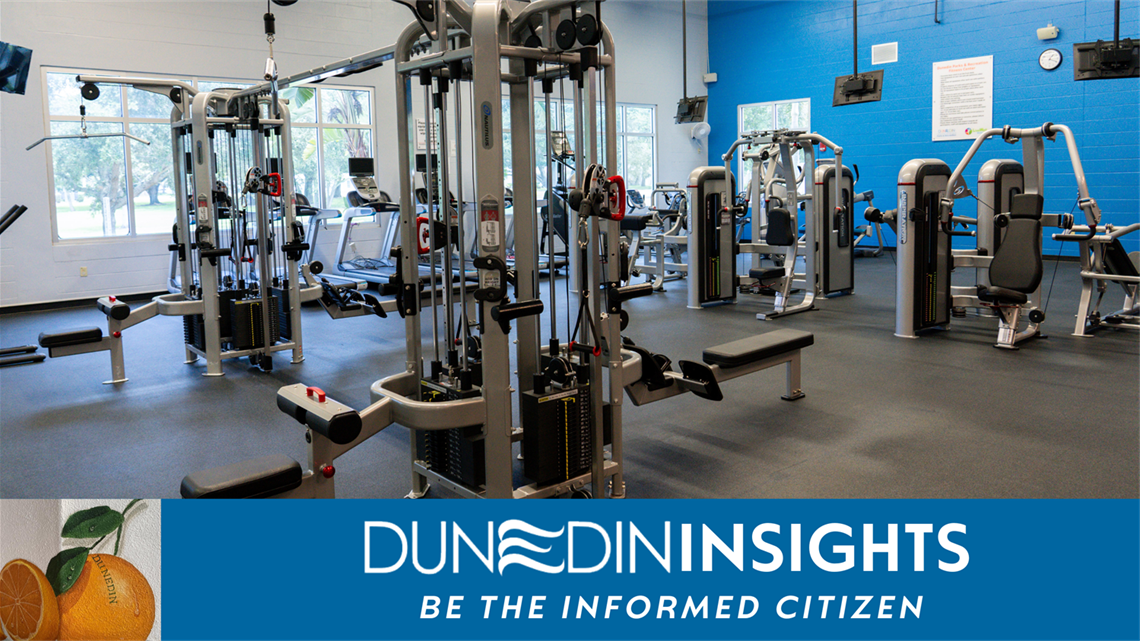Fitness in the New Year: A Fresh Start to Healthier Living
Published on January 22, 2026

Written by Bobby Gallagher, Fitness Program Coordinator
Dunedin Parks & Recreation
As the calendar turns to a new year, many people are motivated to make positive changes in their lives. For countless individuals, a commitment to fitness is at the top of the list. The beginning of the year offers a sense of renewal and the perfect opportunity to focus on improving physical health. Whether it’s shedding extra pounds, building strength, or simply staying active, a fitness resolution can serve as a powerful catalyst for lasting change. Through our Dunedin Parks & Recreation programs and services, there are many opportunities to achieve your goals.
Setting Realistic Fitness Goals
The excitement of a new year often leads to ambitious fitness resolutions. However, experts caution against setting unrealistic goals that can lead to frustration or burnout. For those new to exercise, starting with 20–30 minutes of moderate activity a few times a week can lead to significant health benefits. As time goes on, gradually increasing the intensity or duration of workouts will continue to improve fitness levels without overwhelming the body.
Consistency and Variety
One of the keys to staying engaged with fitness is variety. Engaging in a mix of cardio, strength training, flexibility exercises, and activities that promote balance can help prevent boredom and reduce the risk of overuse injuries. Cycling, swimming, and group fitness classes are excellent cardio options, while weight training, yoga, Pilates, and bodyweight exercises provide strength and flexibility benefits. All of which are offered through the Parks and Recreation Department. Creating a routine and sticking to it can be one of the biggest challenges, particularly during the holidays and winter months when motivation can dip. Others rely on accountability partners or personal trainers to stay motivated. At the Dunedin Community Center, we offer both individual and buddy personal training options.
Fitness for Physical and Mental Health
Proper hydration is also essential, as it aids in muscle recovery and maintains overall bodily functions. Equally important is rest. Giving the body time to recover prevents injuries and promotes muscle growth. Sleep is when the body repairs itself, and lack of sleep can hinder progress. Aiming for 7–9 hours of quality sleep each night is essential for maintaining optimal energy levels and ensuring that fitness goals are met.
Beyond physical benefits, exercise is also a powerful tool for improving mental health. Regular physical activity helps reduce stress, anxiety, and symptoms of depression, all of which can be particularly pronounced after the holiday season. Exercise releases endorphins, the body's natural mood boosters, helping individuals feel more energized and mentally balanced.
The City of Dunedin has many amenities to get you started on your fitness journey. Click here for more information on fitness related activities at our City facilities.